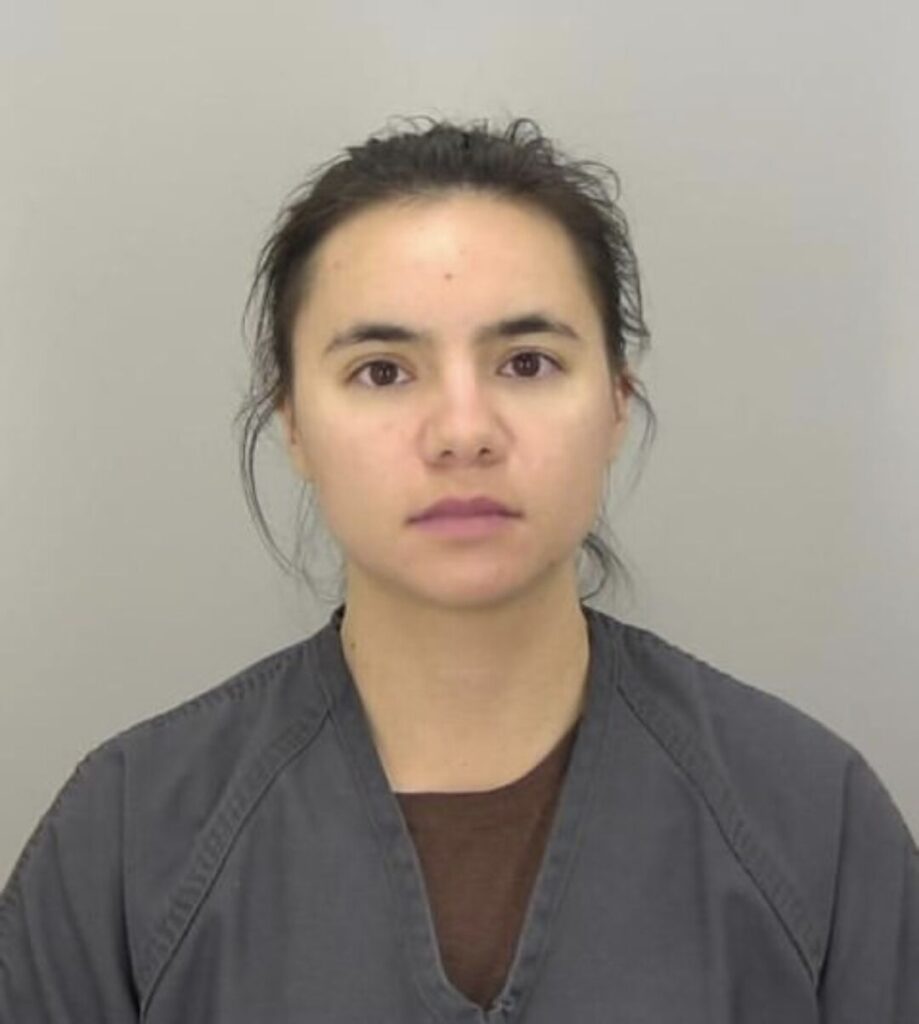Colorado judge reopens lawsuit of Muslim inmate alleging First Amendment violations

A federal judge has reversed her prior decision to dismiss a Muslim inmate’s lawsuit, reopening the case amid new information about the inmate’s lack of access to food that complies with his religious beliefs.
In September of last year, U.S. District Court Judge Christine M. Arguello threw out the religious freedom claims of Sabir Shabazz against the government, which alleged a failure to provide him food that is halal, meaning permissible under Islam. Shabazz is incarcerated at the United States Penitentiary – Administrative Maximum Facility in Florence, where he is serving a 32-year sentence for child sex trafficking and severely beating a prison guard.
Shabazz claimed that he signed up to participate in the Bureau of Prisons’ religious diet program, but found his meals did not conform with Islamic standards by containing excessive amounts of sodium and meat that was not clearly hand-slaughtered. He said the Florence facility had access to halal foods, which Arguello misinterpreted to mean that Shabazz himself had access.
“The Court’s prior order was based on its understanding that Shabazz already had access to enough halal-compliant foods to satisfy his needs,” she wrote in an order reopening the case on Friday. “Although that conclusion was based on a reasonable interpretation of the factual allegations in the Complaint, Shabazz has now clarified that it was incorrect.”
Shabazz had argued that the prison’s refusal to provide him with halal food as he understood it substantially burdened the free exercise of his religion. He filed a First Amendment complaint in September 2019, after prison officials allegedly tried to pressure him into withdrawing his administrative grievance.
The prison’s certified religious diet stuck him with foods containing excessive sodium or ingredients that were not clearly halal, he contended.
“I believe Allah has made fresh fruit and vegetables halal, and one of the reasons I participate in the CRD is because a piece of fruit and two slices of wheat bread are served at each meal,” Shabazz, representing himself, wrote to the court. “The foods I have proposed the BOP can use to provide me a diet that accommodates my beliefs do not require halal certification or halal certified meats because I believe the items are clearly halal and contain no degree of doubt. [Florence] officials either have access to these proposed foods or can order them through current vendors.”
Shabazz’s complaint asked the court to order the Bureau of Prisons to provide him with foods aligned with his religious beliefs. He suggested the Florence facility could, at minimal cost, give him pouches of tuna and sardines, nuts, peanut butter and beans.
The federal government countered that its religious diet was, in fact, deemed halal by an Islamic certification service, and that Shabazz had suffered no ill health effects from the food he was given.
The U.S. Court of Appeals for the 10th Circuit, which hears cases from Colorado and five neighboring states, has previously held that a substantial burden on someone’s religious exercise occurs when the government places “considerable pressure” on a person to violate their beliefs – if not outright preventing them from exercising those beliefs. In a 2010 appeal involving a Muslim inmate in Oklahoma, Judge Neil M. Gorsuch, now a U.S. Supreme Court justice, found the denial of a halal diet meant the inmate had “been forced to choose between violating his religious beliefs and starving to death.”
Similarly, Shabazz told the court that Islamic jurisprudence dictates that “anything or any substances which are harmful or detrimental to man are not permissible.” The non-halal diet “forced” him to choose between violating his beliefs or not eating large portions of his food.
A magistrate judge previously recommended against dismissing Shabazz’s lawsuit, finding he had established his religion required him to eat a halal diet, and the prison lacked a legitimate administrative purpose in denying it to him. Although Arguello disagreed with that recommendation initially, she now agrees Shabazz has credibly alleged a First Amendment violation.
The case is Shabazz v. Bureau of Prisons.













